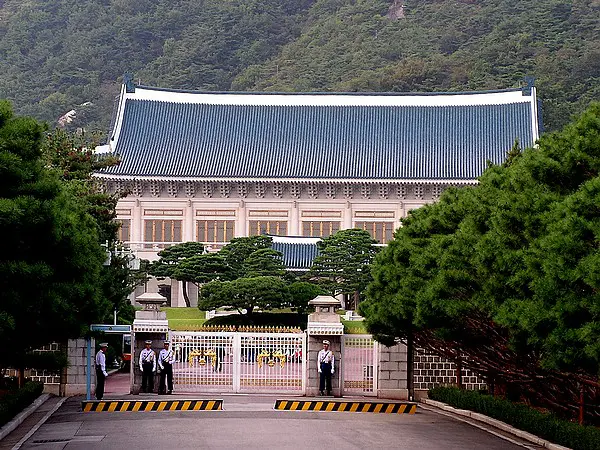The South Korea parliament approved a supplementary budget plan worth 11 trillion won (10 billion U.S. dollars) on Friday after wrangling over the parliament speaker's remarks on the Terminal High Altitude Area Defense (THAAD).
The extra budget plan was passed through the National Assembly, more than a month after the government submitted the supplementary budget scheme to lawmakers.
It was originally set in motion on Thursday when the parliament began its first regular session following the April elections. The ruling Saenuri Party lost its parliamentary majority in the polls.
National Assembly Speaker Chung Sey-kyun said in his opening speech of the regular session that it would be hard to agree with the government's attitude to the THAAD deployment from the perspective of dealing with the Democratic People's Republic of Korea's (DPRK) nuclear program.
Seoul and Washington unilaterally decided to install one THAAD battery in southeastern South Korea by the end of next year, triggering strong oppositions from China and Russia as THAAD's X-band radar can peer deep into Chinese and Russian territories.
Public opinion has been sharply divided over the THAAD installations, while people living in the designated site for the THAAD battery continue to hold a candlelight rally every night to protest against the decision without any prior notice and explanations.
In protest against the speaker's remarks, ruling Saenuri Party lawmakers walked out of the chamber, demanding his apology and resignation.
The governing party had boycotted all parliamentary procedures, but Saenuri lawmakers returned to the chamber Friday night to pass the supplementary budget plan for the second half, strongly advocated by President Park Geun-hye to reinvigorate the faltering economy.
South Korea's gross domestic product (GDP) grew 0.8 percent in the second quarter from three months earlier, hovering below 1 percent for the third consecutive month. It boosted worries about a prolonged low growth trend.
After peaking at 6.5 percent in 2010, the country's growth continued to slide to 3.7 percent in 2011 and 2.3 percent in 2012. It rebounded to 3.3 percent in 2014, but it turned downward at 2. 6 percent in 2015.
The Bank of Korea (BOK) set its outlook for South Korea's economic growth at 2.7 percent in 2016 and 2.9 percent in 2017. The country's growth potential is estimated at a range of 3.0 percent to 3.2 percent.
(APD)
 简体中文
简体中文

